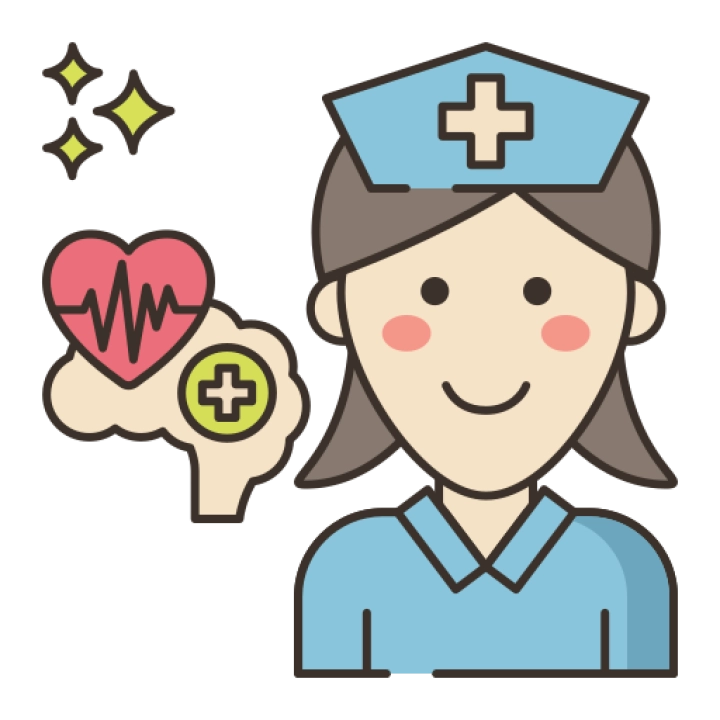Faculty: Graduate Programs Institute
This specialization focuses on specialized nursing care for patients with critical illnesses. Students explore advanced assessment skills, critical care interventions, emergency management, and the use of advanced medical technologies. The program emphasizes clinical experience, critical thinking, and ethical considerations.
Graduates are prepared to work in Intensive Care Units (ICUs), emergency departments, and other critical care settings.
Learning Objectives:
- Understand the basics of critical care nursing and advanced assessment skills.
- Develop clinical expertise in critical care interventions and emergency management.
- Learn techniques for using advanced medical technologies in critical care settings.
- Explore ethical and cultural considerations in critical care nursing.
- Understand the role of evidence-based practice in critical care.
- Analyze challenges and opportunities in critical care nursing.
- Develop teamwork and problem-solving skills in clinical settings.
Main Curriculum:
- Introduction to Critical Care Nursing - Overview of critical care nursing and advanced assessment skills.
- Advanced Assessment Skills - Principles and techniques for conducting comprehensive assessments.
- Critical Care Interventions - Fundamentals and techniques for implementing critical care interventions.
- Emergency Management - Principles and techniques of medical emergency management.
- Advanced Medical Technologies - Overview and techniques for using advanced medical technologies.
- Ethical and Cultural Considerations - Explore ethical issues and principles of professional conduct.
- Evidence-Based Practice in Critical Care - Principles and techniques for applying evidence-based practices.
- Clinical Practice in Critical Care Nursing - Hands-on clinical experiences in ICUs and emergency departments.
- Capstone Project in Critical Care Nursing - Comprehensive project to apply acquired skills in critical care interventions or emergency management.
Assessment Methods:
Advanced assessment reports, critical care intervention plans, emergency management scenarios, medical technology applications, ethical considerations papers, evidence-based practice papers, clinical training reports, capstone projects, group projects, internships.
Recommended Textbooks:
- "Critical Care Nursing: Diagnosis and Management" by Linda D. Urden et al.
- "Emergency Nursing: Principles and Practice" by Janie Heath and Shayla Grossman.
- "Ethical Issues in Critical Care Nursing" by Mary Faith Marshall.
- "Evidence-Based Practice in Nursing" by Bernadette Mazurek Melnyk and Ellen Fineout-Overholt.
Prerequisites:
Basic knowledge in nursing, anatomy, physiology, and medical sciences. Suitable for students interested in critical care nursing and emergency management.
Duration:
Typically 4 years for a bachelor's degree, including coursework, projects, clinical training, and internships.
Certification:
Graduates may earn a degree in critical care nursing and pursue certifications such as Certified Critical Care Nurse (CCRN) or Certified Emergency Nurse (CEN).
Target Audience:
Aspiring critical care nurses, emergency management specialists, and healthcare professionals seeking specialization in critical care nursing.
This specialization equips students with the clinical skills, critical thinking, and practical knowledge necessary to excel in critical care nursing, supporting careers in ICUs, emergency departments, and other critical care settings.

